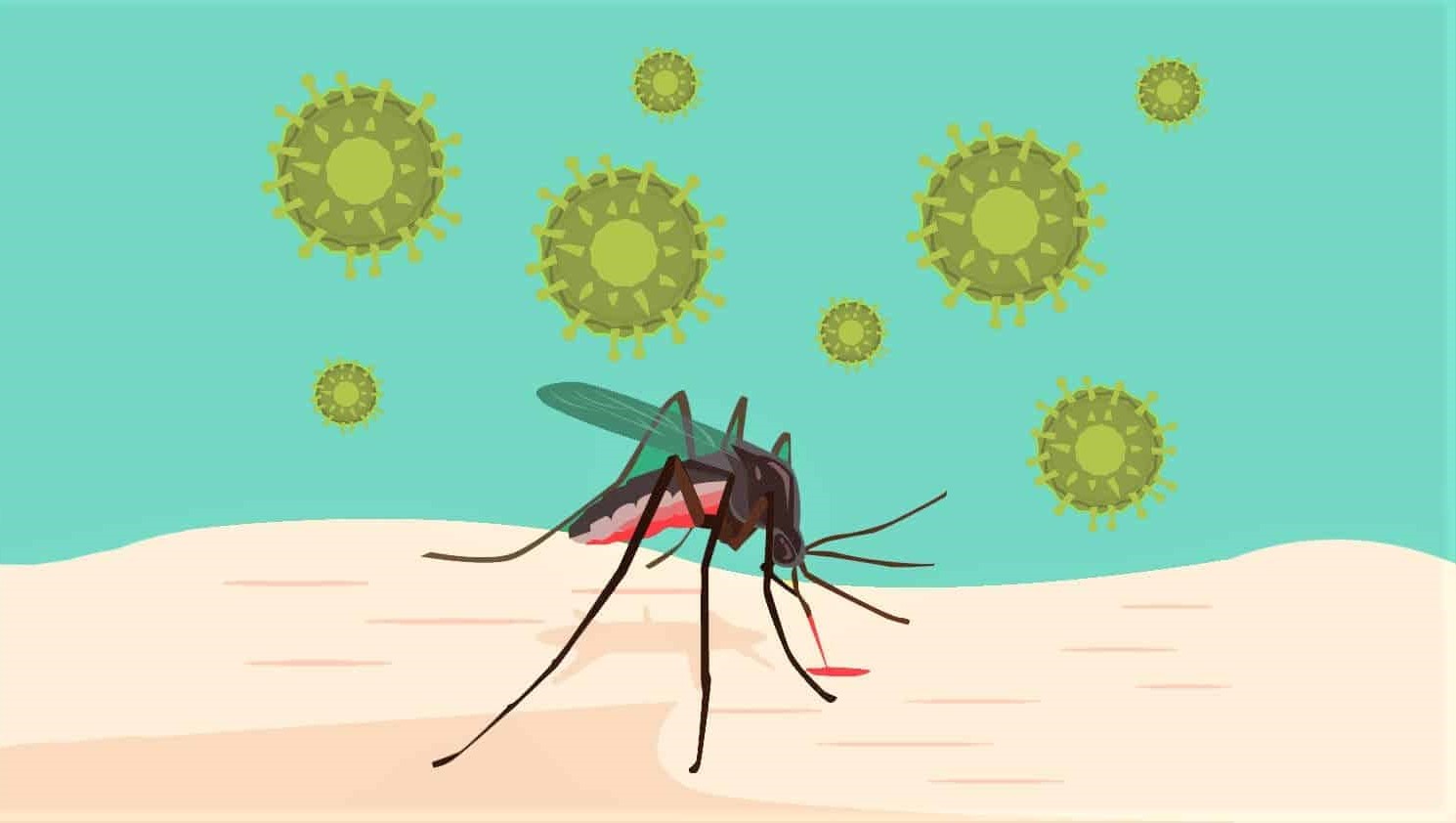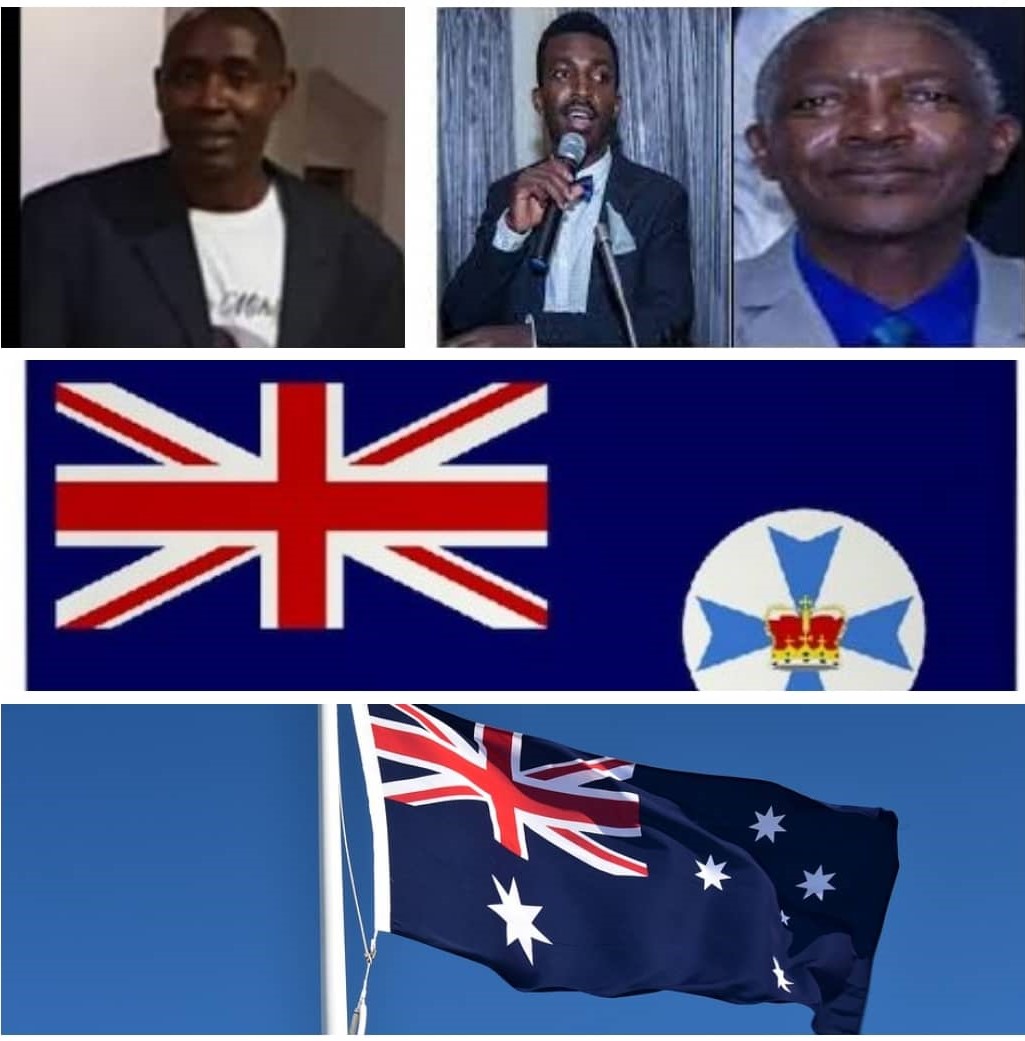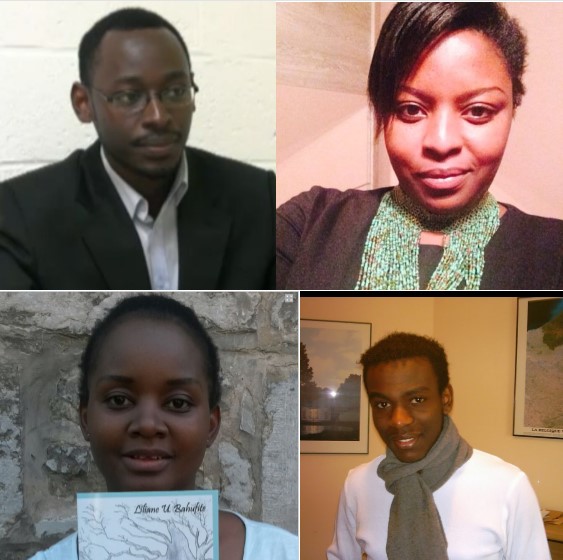International
What a bizarre, alarmist story on Rwanda tells us about The Guardian’s hidden agenda

On April 21, The Guardian published
a story titled, “Refugees sent to Rwanda at Risk of deadly malaria Variant.” Without giving any evidence, the article not
only shames The Guardian for lack of
professional ethnics to publish unsubstantiated work, but also a
disgrace to the author, Professor Elspeth Webb, who
accepted to be used for cheap politicking on the UK-Rwanda asylum seekers agreement,
hence compromising his academic honesty.
Prof. Webb, as a scientist, understands the
importance of giving evidence like data that shows people in Rwanda who have
been infected or killed by the said malaria variant. Like many other titles
published by The Guardian on the subject of UK–Rwanda asylum seekers, Prof.
Webb’s article adds on the long list of anti-Rwanda false narratives meant to
give a bad image of Rwanda to influence reversal of the UK-Rwanda asylum
seekers agreement.
The Guardian of UK is also well
known for its biased stories meant to discredit Rwanda and its leadership
usually suggesting that nothing good comes out of Rwanda.
In simple terms, Rwanda is painted
as a country that is in dire need of fixing in terms of leadership, democracy,
human rights and so on. Biased Professors, authors and journalists and “western
made Rwanda opposition” are given limitless space, while the voices of those
who tell the true story of Rwanda are not listened to.
Much as it is true that Rwanda,
like any other tropical countries has malaria, there is no life threatening
variant that makes Rwanda a no go zone as Webb suggested.
If his claim was true, the
World Health Organization (WHO) would have issued a travel advisory warning
foreigners not to travel to Rwanda.
Secondly, Rwanda is not even
among the top 10 African countries with highest cases of malaria.
The WHO report of four
African countries which account for just over half of all malaria deaths
worldwide: Nigeria (31.3 per cent), the Democratic Republic of the Congo
(12.6 per cent), Tanzania (4.1 per cent) and Niger (3.9 per cent).
In order to know the double
standards by Western media about Rwanda, or Africa, you do not need to go far since
you will find the same media houses exposing their own hypocrisy.
On February 27, 2023, the same Guardian
newspaper wrote a story with a headline: “Deadly new UK strep A variant leading to disease surge in Australia.”
Although the story revealed that the invasive strep, a variant bacteria first
identified in the UK in 2019, was the cause of a surge in deaths in UK and throughout Europe, the
Guardian story did not warn foreigners not to travel to UK because their lives
would be at risk.
Why
would a malaria variant, if at all it exists, with no known infections or
deaths be the cause of concern for The Guardian to raise an alarm? The Guardian
story insinuates that it is risky to live in Rwanda and, therefore, no
foreigners should go to the country.
The
mindset of both the author and the publisher is racist and neo-colonial.
When
King Charles III and Queen Consort Camilla along with thousands of other Commonwealth
leaders were in Rwanda for the Commonwealth Heads of GovernmentMeeting (CHOGM)
in June 2022, there was no travel advisory warning delegates of a killer malaria
variant.
Are
the UK-asylum seekers more important than Commonwealth Heads of Government?
Were the Commonwealth delegates that travelled to Rwanda in 2022 not aware that
they would be safe?
The
UK government said that “Rwanda
is a fundamentally safe and secure country with a track record of supporting
asylum seekers and we are confident the agreement is fully compliant with all national
and international law.”
Facts
on malaria prevention and healthcare in Rwanda
Beginning 2016-2017, Rwanda distributed
more than 6 million treated mosquito nets in all its 30 districts ensuring
universal coverage of the entire population. The capital city, Kigali, has a
malaria prevalence rate of 1.21
per cent.
Former Director General of RBC, current Minister of Health Dr. Nsanzimana Sabin praised the
heroic work of Community health workers forhaving enabled
Rwanda to record a drop in Malaria incidence, cases and deaths in the last 5
years.
Extension of indoor residual spraying
(IRS) at the household level, educating
community on proper use of bed nets, Malaria awareness using drones, radio and
TV programs are some of the interventions by the government.
The celebration of the World Malaria Day was marked by different activities at community level for malaria prevention including launching Malaria awareness using drones, radio and TV programs
The claim, in Webb’s
article that, “Rwanda can’t even meet the healthcare needs of its own citizens,
so the chances of meeting the healthcare needs of deported asylum seekers is
negligible,” is not only wrong but laughable.
The lies are ill-intentioned.
There is, clearly, a sinister agenda.
Rwanda offers health
services to all citizens through Community Based Health Insurance (CBHI). Free
treatment of malaria is provided to the most vulnerable population.
In Sub-Saharan Africa,
Rwanda is among the countries with a community-based health insurance scheme that covers more than 85 per
cent of the population. The percentage of the population with health insurance
increased from 43.3 per cent in 2005 to 90.5 per cent in 2020.
The Guardian should, perhaps, be reminded of
the words said by former UK Prime Minister, Boris Johnson, talking about people
who visited Rwanda during CHOGM.
He
said: "They saw a country that is really going places; they had a totally
different view of what it could mean. And if you talk to Paul Kagame [the
president] and the government, they are rather shocked by some of the coverage
in the UK.”



.jpeg-20230424092145000000.jpeg)

.jpg-20220625121015000000.jpeg-20230420103353000000.jpeg)

